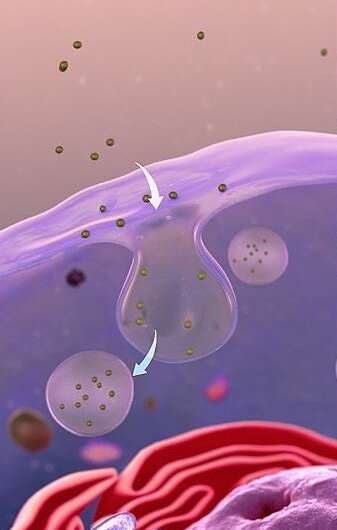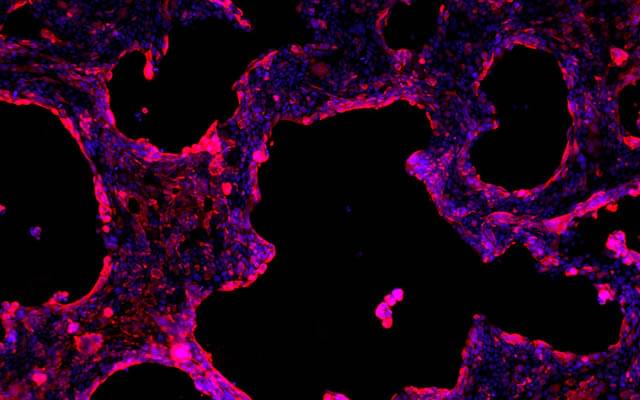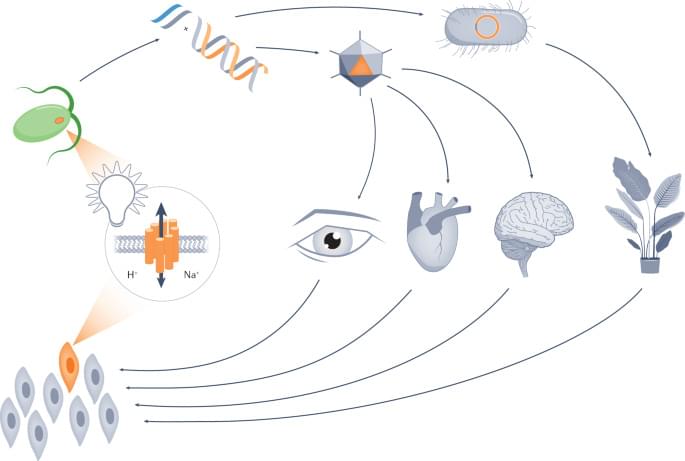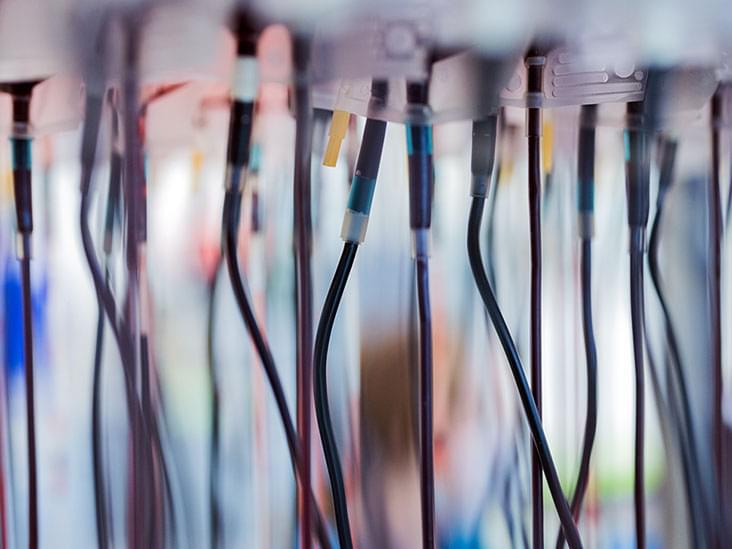Neuroscientist and physician Matthew Schrag found suspect images in dozens of papers involving Alzheimer’s disease, including Western blots (projected in green) measuring a protein linked to cognitive decline in rats.
The Neuro-Network.
𝐁𝐋𝐎𝐓𝐒 𝐎𝐍 𝐀 𝐅𝐈𝐄𝐋𝐃?
𝘼 𝙣𝙚𝙪𝙧𝙤𝙨𝙘𝙞𝙚𝙣𝙘𝙚 𝙞𝙢𝙖𝙜𝙚 𝙨𝙡𝙚𝙪𝙩𝙝 𝙛𝙞𝙣𝙙𝙨 𝙨𝙞𝙜𝙣𝙨 𝙤𝙛 𝙛𝙖𝙗𝙧𝙞𝙘𝙖𝙩𝙞𝙤𝙣 𝙞𝙣 𝙨𝙘𝙤𝙧𝙚𝙨 𝙤𝙛 𝘼𝙡𝙯𝙝𝙚𝙞𝙢𝙚𝙧’𝙨 𝙖𝙧𝙩𝙞𝙘𝙡𝙚𝙨, 𝙩𝙝𝙧𝙚𝙖𝙩𝙚𝙣𝙞𝙣𝙜 𝙖 𝙧𝙚𝙞𝙜𝙣𝙞𝙣𝙜 𝙩𝙝𝙚𝙤𝙧𝙮
A neuroscience image sleuth finds signs of fabrication in scores of Alzheimer’s articles, threatening a reigning theory of the disease.







